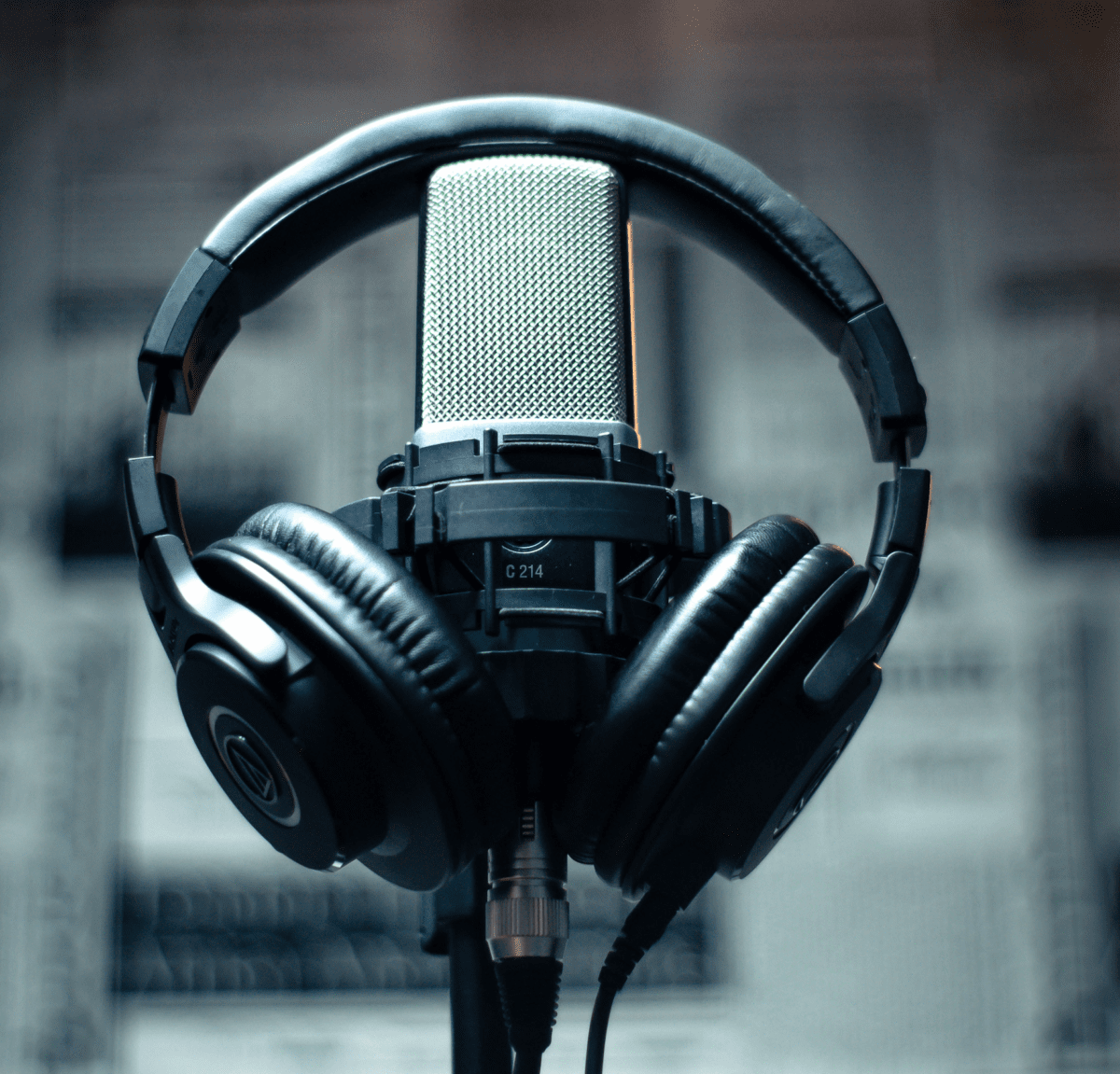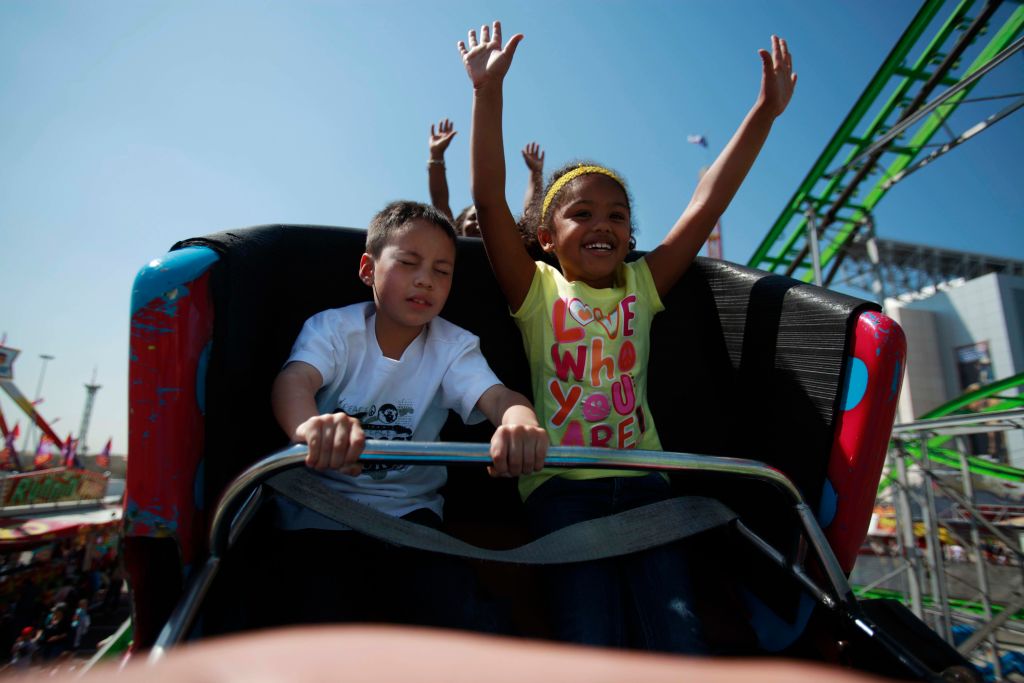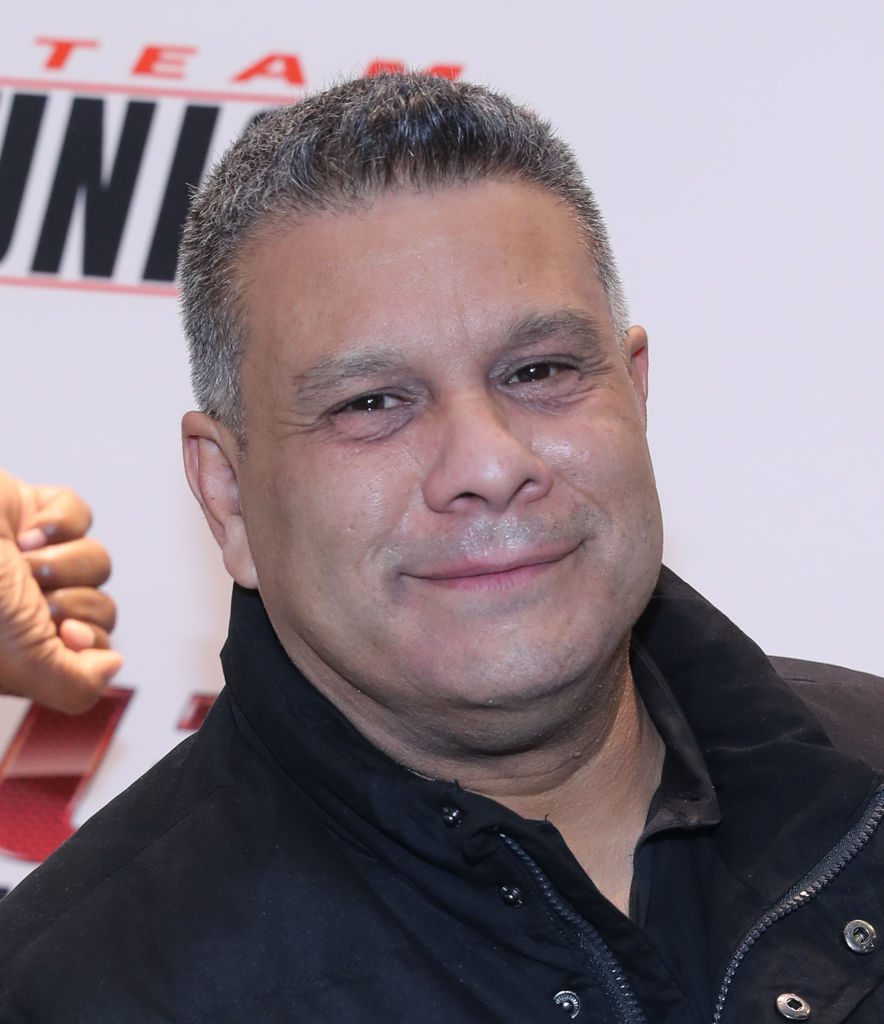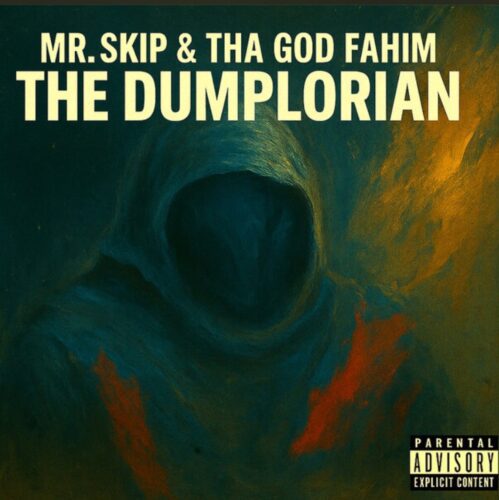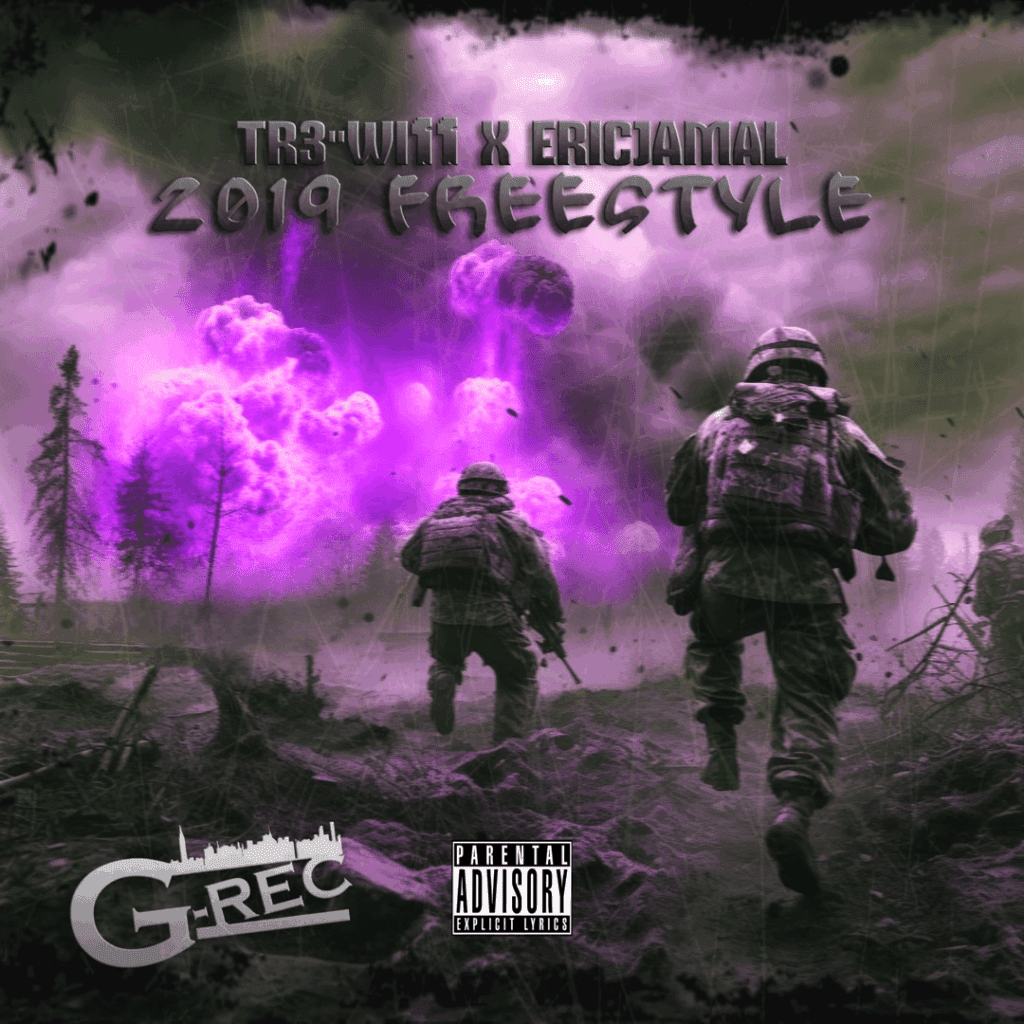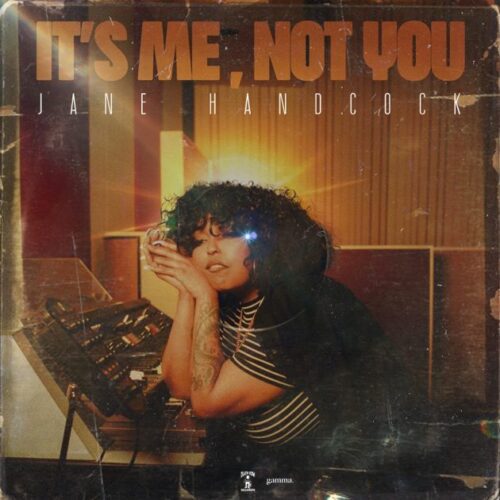Students often learn through playing music they enjoy, yet translating that passion into an effective lesson plan can sometimes be challenging.
School of Rock New Orleans will once again host hip-hop classes taught by local rappers and producers BlaqnMilD and Deezle this year, exploring its history and influence on New Orleans artists. These classes will provide a valuable learning opportunity.
Additionally, the Summer Camp program will be offering various Music Lessons & Camps to students of all skill levels.
1. Focus on One Instrument
When beginning music lessons, it’s essential to focus on mastering one instrument at a time. Doing this allows you to gain the fundamental skills and techniques associated with that instrument before moving onto more intricate genres or pieces. Attempting to master multiple instruments at the same time can be very daunting and requires finding time and energy for practice sessions on each.
Hip hop culture has long been at the heart of our generation’s identity, providing a cultural touchstone that resonates with students of all ages. Music educators have an invaluable opportunity to foster musical and social development by using hip-hop as an engaging classroom resource.
At Berklee Summer Experience, teens choose an instrument and study it for five weeks under the tutelage of industry professionals. Furthermore, they have opportunities to hone other aspects related to music production, songwriting, music therapy and even networking events known as “board meetings”, providing invaluable insight into their future careers.
2. Build Confidence
Learning can be challenging for some students and frustration can quickly build. When this occurs, they may stop practicing between lessons or avoid playing publicly which has long-term repercussions for their music progress. Self-confidence is integral to being successful at music so music teachers need to provide their students with support in building it up.
Always take time to recognize what you’ve achieved successfully and celebrate what makes you smile, both now and later on. Doing this will keep your motivation strong, helping to stay on course when times become challenging or frustrating and ensure that you focus on recognizing and building upon your strengths.
Engage audiences effectively in this free, self-paced online course for teenage artists, collegiate musicians and early professional performers, taught by Ensemble Connect alumni Chen Lo and Asante Amin.
3. Get a Fresh Perspective
Rap music can be an arena in which egos come out to play, with rivalries between rappers frequently garnering media coverage. Yet collaboration remains at the core of its culture–writer’s credits on songs often feature many names; successful rappers often name drop their mentors along their journey.
Producing a mixtape is an excellent way to promote and disseminate your music while gathering feedback from listeners. Be sure to add promotional artwork as well as a track listing so listeners can quickly locate your songs.
rappers can learn music production from both fellow artists and their mentors. Producer!llmind has produced tracks for Drake, J Cole, 50 Cent Skyzoo and Lin-Manuel Miranda among many other stars; while not having an instructor (he learned by making mistakes and screwing up), he now offers mentorship services to other producers and teenagers looking to get into music production. Carnegie Hall provides several resources online for teenage musicians and budding composers that explore this creative process further.
4. Make New Friends
Hip hop culture is highly networked. Rap artists regularly form close bonds with fellow MCs and producers in order to learn new tricks and techniques from them. For instance,!llmind, the beatsmith behind songs by Drake, 50 Cent, Skyzoo, Lin-Manuel Miranda as well as Dallas producer Da Dreak joined forces to work on production skills workshops together.
Hip hop artists frequently draw from personal experiences or viewpoints when writing powerful songs, which helps them connect with a wider audience that shares similar perspectives and values.
Learning music as part of a group makes it easy to make new friends who share your love of music, in addition to having fun together and learning together. Music students often feel motivated by accountability they feel towards their bandmates – this can create life-long friendships! Furthermore, many school music teachers offer private lessons outside their regular teaching time that are an excellent resource for aspiring hip hop artists!


